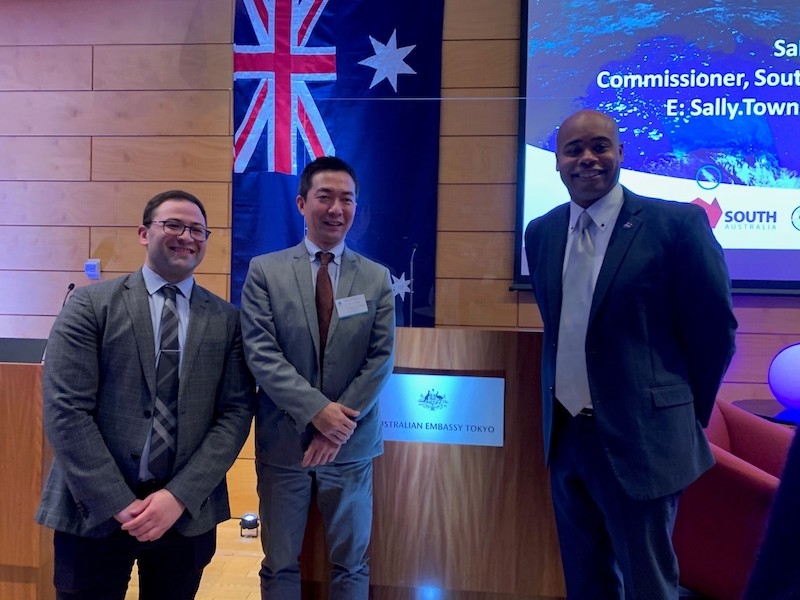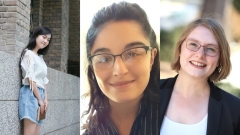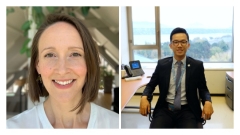Middlebury Institute Recently Named ‘School of National Service’ for Commitment to AmeriCorps Alumni
| by Stephen Diehl
The Middlebury Institute is celebrating the 2021 AmeriCorps Week with the news that AmeriCorps has recently designated the Institute a School of National Service.




